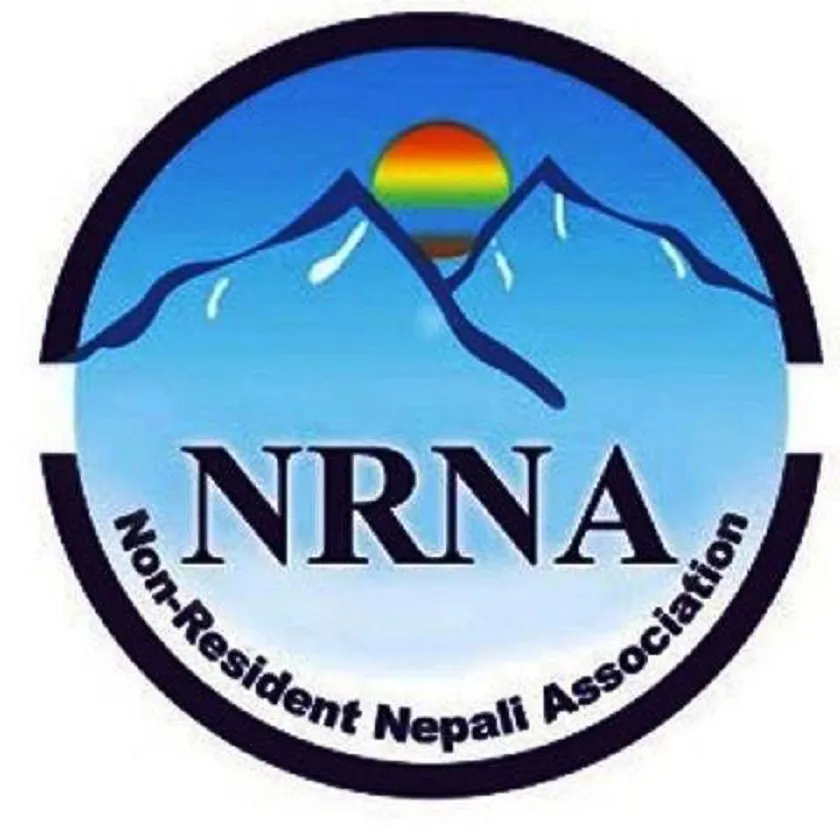The Non-Resident Nepali Association (NRNA) was founded in 2003 during a turbulent period in Nepal’s history. Amid the Maoist insurgency and deepening political instability, a group of dedicated Nepalis living abroad came together in Kathmandu to create a global organization that would represent the interests of the diaspora and serve as a vital link to their homeland.
The founding principles were centered on unity, inclusion and service. One of their first and most poignant demands was for dual citizenship—a legal recognition of the emotional and cultural ties that many Nepalis abroad continue to hold even after acquiring foreign citizenship. This request was more than a legal issue; it was about identity, belonging and the enduring connection to one’s roots.
Despite the strong start and noble intentions, the NRNA’s journey has not been without challenges. As Nepal transitioned from a monarchy to a republic and experienced various waves of political change, the NRNA too began to experience internal discord. Leadership rivalries, political interference and factionalism began to weaken the organization's unity.
Some leaders were perceived to be prioritizing personal gain over community service, eroding the trust and credibility the NRNA once commanded. Moreover, the Government of Nepal repeatedly failed to deliver on key promises—most notably the introduction of dual citizenship and diaspora-friendly investment policies. This lack of follow-through not only discouraged active participation from the diaspora but also deepened the divide between the homeland and its global citizens.
I strongly emphasize that the time has come for sincere introspection. This is not a call to assign blame, but a collective appeal to revisit the founding ideals of the NRNA. Reform is no longer optional—it is essential. Without a structural and philosophical overhaul, the organization risks becoming irrelevant. To restore credibility and purpose, the NRNA must prioritize transparency, inclusiveness and democratic governance. The vision must be reignited, not just with words but with visible actions that rebuild public confidence and inspire the younger generation of diaspora Nepalis.
A major critique raised is the overly broad and simplistic definition of the NRNA’s constituency—Nepalis who have lived abroad for more than 180 days. This definition fails to cultivate the rich diversity within the diaspora community.
From blue-collar migrant workers in the Gulf to settled professionals in Europe to business leaders and academics in the USA, the needs and aspirations of each group vary greatly. Trying to serve such a diverse population with a one-size-fits-all approach is ineffective. In this situation, I recommend that the NRNA adopt a segmented approach by creating specialized committees and empowering local chapters to better represent their unique communities. Diversity should be seen not as a challenge, but as a strength that can be harnessed for broader impact.
Dual citizenship remains one of the most important and emotionally resonant issues for the diaspora. Many who have taken foreign citizenship still feel a strong cultural and familial connection to Nepal. They wish to maintain this bond—not just symbolically, but legally and practically.
These individuals are often highly educated, financially capable and deeply committed to contributing to Nepal’s growth through investment, mentorship, transformation of knowledge and innovation. However, current Nepali laws make their involvement complicated, with vague policies, unclear legal frameworks and the looming threat of double taxation. I argue that these individuals are not asking for special privileges but rather a framework that acknowledges their desire to contribute meaningfully to Nepal’s future. I would like to suggest long-term visas, clear legal protections for investments and the right to retire peacefully in Nepal as achievable and impactful policy measures.
Concrete proposals for change
Structural and governance reforms: Form an independent election commission to ensure fair and transparent leadership elections. Introduce term limits and eligibility criteria to prevent monopolization of leadership. Promote inclusiveness by creating dedicated roles and committees for women, youth, migrant workers and professionals.
Decentralization: Give more authority to national coordination councils and NRNA chapters to address region-specific issues effectively. Avoid overly centralized leadership, which often becomes detached from grassroots concerns. Decentralization will encourage innovation and ownership at all levels.
Transparency and accountability: Publish financial reports regularly and conduct independent audits of projects and events. Establish formal systems for member feedback, grievances and dispute resolution to ensure internal democracy and trust.
Cultural engagement: Support efforts to preserve the Nepali language, heritage and traditions among second-generation NRNs. Encourage educational and cultural exchange programs that allow younger generations to visit Nepal and understand their roots.
Facilitate investment and return: Advocate for simplified investment policies and legal guarantees that attract diaspora entrepreneurs. Promote NRN-friendly residential areas, business zones and retirement homes that provide a welcoming environment for returning expatriates.
Forge global partnerships: Build strategic relationships with international organizations, think tanks, and universities. Leverage NRNA’s global presence to amplify Nepal’s voice on the world stage and open doors for collaboration and development aid.
The NRNA was founded on the dream of unity and national contribution, and while its journey has encountered setbacks, the vision remains as relevant as ever. The Nepali diaspora is a treasure trove of knowledge, talent and resources. Reforming the NRNA to better serve this community is not just a strategic move—it is a necessity. If reformed with care and vision, the NRNA can once again become the vital bridge between Nepal and its global citizens, fostering not just emotional ties, but tangible progress for generations to come.











